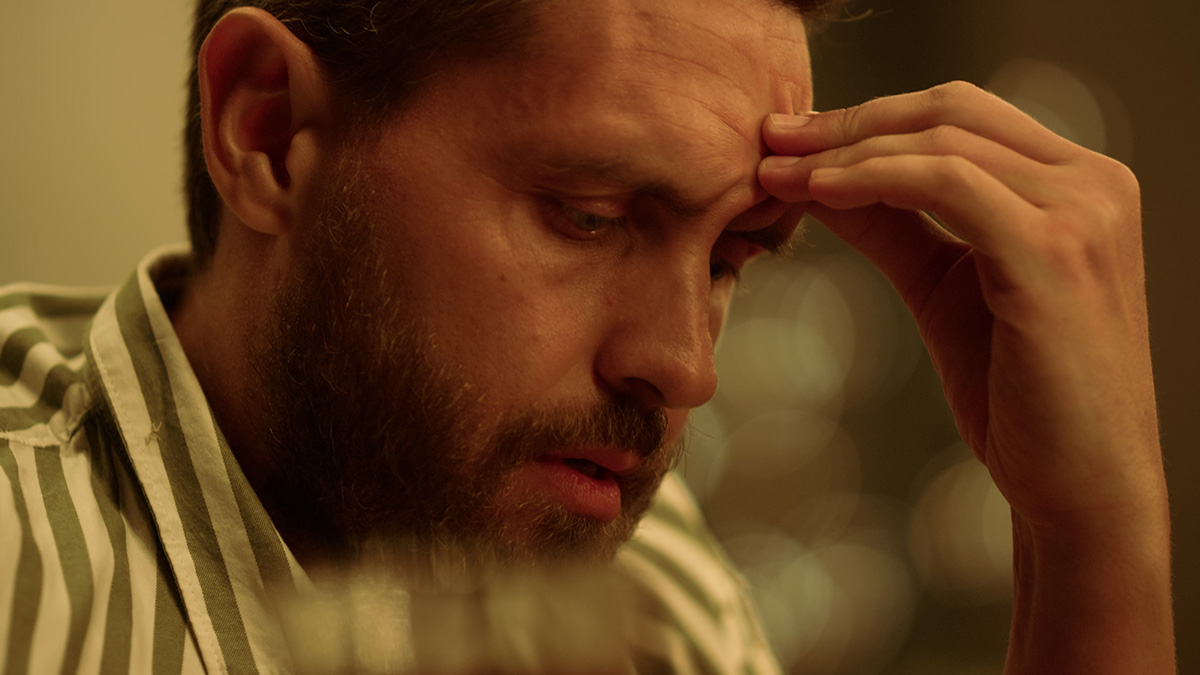Individuals who have an alcohol addiction can improve their lives by quitting. However, stopping cold turkey comes with risks. Alcohol withdrawal can produce severe symptoms that range from inconvenient to life-threatening. Professional assistance with stopping alcohol use can help individuals avoid these problems.
Alcohol Withdrawal Symptoms
Quitting alcohol suddenly causes a shock to the body. Over time, the body’s various systems grow to depend on having alcohol to function, especially the brain. Alcohol causes a nervous system depressive effect, which slows signals moving from the brain throughout the body. To compensate, the body attempts to rev up the nervous system. However, as soon as the individual stops drinking, the body doesn’t suddenly stop its compensation methods. The days or weeks required for alcohol detox are the body returning to its normal operations instead of working to compensate for an alcohol-slowed nervous system.
Symptoms of alcohol withdrawal can start as soon as six hours following the last drink and can include the following:
- Insomnia
- Sweating
- Anxiety
- Shaking hands
- Nausea or vomiting
- Seizures
- Hallucinations
- Delirium tremens
The most severe symptoms of hallucinations, seizures, and delirium tremens usually occur 12, 24, and 72 hours after the last alcoholic drink. These require professional assessment and care, especially the last. Delirium tremens, though rare, is a severe complication that requires medical care.
What Are Risk Factors for More Severe Alcohol Withdrawal Symptoms?
The chances of developing more serious symptoms after quitting alcohol increase based on how long you have been drinking heavily and the amount of alcohol typically used. Longer addictions and higher alcohol amounts correlate to more serious withdrawal symptoms.
Even those with minor symptoms should still seek professional alcohol addiction recovery to get support for the mental health impacts of quitting. Treatment for any substance addiction includes a well-rounded program that addresses mental health and physical health. These two aspects of treatment make a full recovery possible and reduce the chances of having to go through relapses and withdrawal in the future.
Treatment for substance abuse can include a range of levels of care based on the need for support. For instance, partial hospitalization programs (PHP) for alcohol use give clients a full-time job of focusing on recovery each day. Clients in the program have support every day, all day for their most intense needs for support following detox.
Inpatient Psychiatric Care at Viewpoint’s Prescott Campus
After completing a partial hospitalization program (PHP) and inpatient psychiatric treatment, clients may reduce their hours of support by moving into an intensive outpatient program (IOP). These programs offer the same therapies and treatments of PHP but fewer hours. Following this type of outpatient care, clients move down to a standard outpatient treatment program, which offers clients the freedom to spend more time at home practicing the mental and physical health tips they learned in the program to stay sober. Even after finishing formal treatment, clients can still get aftercare support to maintain their newly sober lifestyles.
Get Help for Mental Health Issues, Addiction, and Alcohol Detox from Viewpoint Dual Recovery in Prescott, AZ
Just because alcohol withdrawal causes physical problems does not mean that anyone should avoid it. In fact, quitting an addiction to alcohol can free up time and money and improve mental health. Those looking for alcohol detox in Prescott, AZ, should also contact a center that offers supervised care for its clients after the detoxification process through residential treatment, PHP, IOP, outpatient treatment.
Get started on life without dependency on alcohol use by contacting us at Viewpoint Dual Recovery in Prescott, AZ, at 855.746.3633. Or reach out to our team online. We help each of our clients to achieve a new vision, new hope, and a new life.







